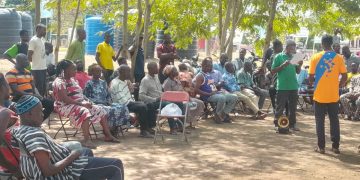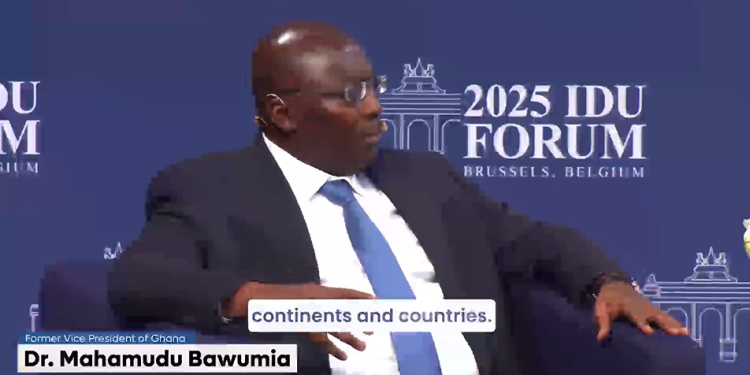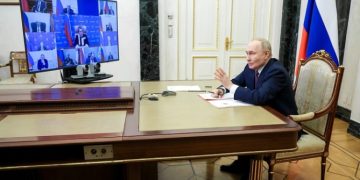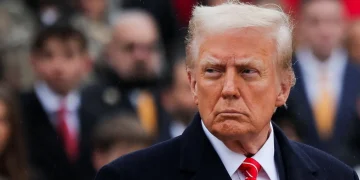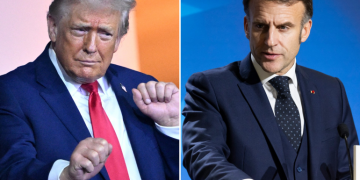Former Vice President of Ghana, Dr. Mahamudu Bawumia, has urged global policymakers to reconsider the use of tariffs as a tool for addressing trade imbalances, emphasizing that trade deficits are rooted in broader macroeconomic conditions rather than trade policies alone.
Speaking at the International Democracy Union (IDU) Forum in Brussels, Dr. Bawumia expressed concern over what he described as a growing disregard for economic history and fundamental economic principles.
“One of the things policymakers are failing to do is to learn from both history and economics,” he remarked.
Using global trade statistics to illustrate the scale of trade imbalances, Dr. Bawumia noted that Africa contributes only 2.5% to global exports while accounting for 2.9% of global imports. By comparison, Asia accounts for 43% of global exports and 38% of imports; Europe, 38% and 51% respectively; and the United States, 8% and 14%.
“These are clear trade imbalances,” he said. “But what we know from economics is that you cannot fix a trade deficit with tariffs — it just doesn’t work.”
Dr. Bawumia explained that trade balances are closely tied to macroeconomic fundamentals, particularly the relationship between national savings and investment. He argued that trade deficits reflect underlying structural economic issues that cannot be addressed solely through trade policy measures such as tariffs.
“If you look at the national income identity — where your income equals consumption, investment, government spending, plus exports minus imports — it simplifies to a truism: the trade deficit must equal the difference between national savings and investment,” he explained.
“For any country that spends more than it saves, a trade deficit is inevitable. The deficit is a macroeconomic issue, not a trade policy issue, and you cannot resolve it through tariffs,” he added.
Dr. Bawumia’s remarks serve as a call for policymakers to take a more holistic approach to economic management, grounded in sound macroeconomic principles rather than short-term trade interventions.

















